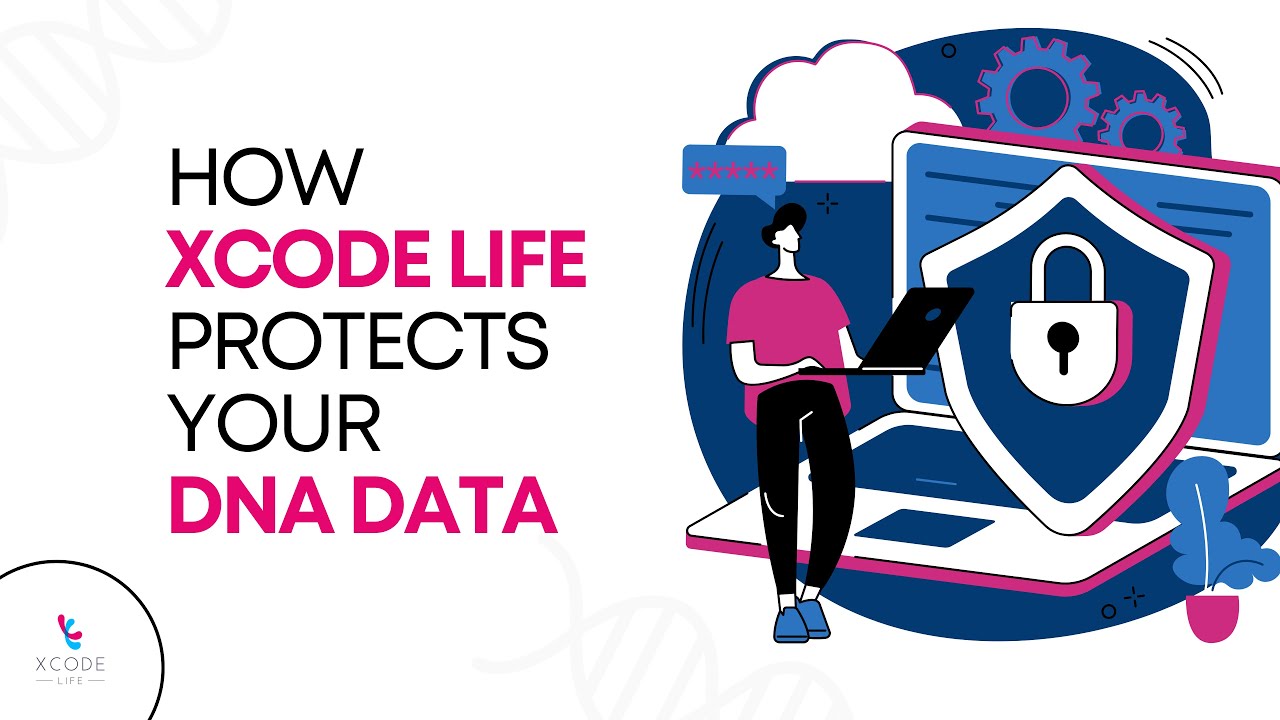Home DNA tests have become very popular because they are readily available and affordable.
Did you know that 1 in 5 Americans have already taken at least one DNA home test?
Taking a DNA test can be life-changing for many. That’s why it is critical to pick an accurate and trustworthy kit.
Already Taken A DNA Ancestry Test? Get 3000+ Insights From Your Raw Data.
What Are At-home DNA Tests?
DNA tests are also called genetic tests. These analyze a person’s genes to identify mutations or changes in them.
These mutations can increase the person’s risk for various physical and mental health conditions and be the reason for specific actions and traits.
A person’s genes can also help identify their ancestry details, giving clarity on what their ethnicity could be.
At-home DNA tests don’t require the user to visit the lab or testing center to provide their DNA samples or get results. The samples are provided via mail, and the results are received by email.
How To Take An At-home DNA Test?
The following are steps to take an at-home DNA test.
- Step 1: Visit the genomics website and order the DNA kit of your choice.
- Step 2: The company will send a DNA testing kit to your address in a few days.
- Step 3: Open the kit and read the instructions.
- Step 4: Collect the DNA sample (cheek swab or saliva). Mail the sample back to the company using the re-mailing packaging provided.
- Step 5: Some companies may want you to register the DNA sample online before mailing it to them.
- Step 6: Wait for a few weeks before you receive your DNA raw data and reports through e-mail.
- Step 7: You can use your DNA raw data to explore more test reports, traits, and carrier statuses online by buying health and wellness report packs from companies like Xcode Life.
5 Things To Know About At-home DNA Testing Kit
- An At-home DNA Test Isn’t As Accurate As A Medical DNA Test
Medical DNA tests are also called clinical DNA tests. Here, healthcare professionals collect samples and run tests in a lab setting.
Most patients who undergo clinical DNA testing would have the opportunity to undergo genetic counseling. Some tests can tell if you may develop a certain health condition.
At-home DNA tests are done in a similar clinical setup. However, the samples for these are collected and sent by the individuals. If the samples are compromised, then the results can vary.
Home DNA tests also cannot definitively predict health conditions. They can only say if the person has certain gene changes that may increase the risk of certain diseases.
Finally, it is easy for individuals to misread reports and test results. So it would be best to talk to your healthcare provider before making any changes in lifestyle, medications, or diet based on your at-home DNA test reports.
- At-home DNA Tests Can’t Definitively Say Whether You’ll Get A Disease.
Currently, at-home DNA tests cannot identify your risk for all diseases or traits and are limited to certain conditions. Even with the diseases they test for, they can only say whether or not you are at risk for developing them.
You may be the carrier of a mutated gene for diabetes but not develop it. Inversely, some disease-causing variants may not be identifiable with these tests, and you may still develop the condition.
You may need to get a clinical genetic test done for confirmation.
- Understanding Direct-To-Consumer Health And Genetic Tests
At-home DNA tests are also called Direct-To-Consumer tests. You must understand these tests to make full use of them.
At-home DNA tests have allowed people to explore their ancestry details, health and wellness traits, and carrier statuses.
These are affordable and, more importantly, can be done from the comforts of their home without needing an expert to prescribe them.
These tests can open up awareness about genetic diseases and offer recommendations regarding diet and lifestyle changes. The test reports can help you stay proactive and get yourself tested regularly if you are genetically inclined to develop certain health conditions.
If you are interested in knowing your ethnicity, these direct-to-consumer tests can give detailed ancestry details too. Many people find bloodlines on genomic websites using their family tree applications.
You have to know that such at-home DNA tests are still being researched. They may not offer you a complete picture of your health and wellness and may need to be followed up with clinical tests if you want more clarity.
- Overall Health Risk Profile
At-home DNA tests offer you an overall health risk profile, which is great for someone whose family has had its share of genetic diseases in the past. It may be beneficial to know if you are at risk for developing inherited health conditions to take proactive steps.
These reports may also give a detailed list of possible allergens, from common ones like pollen to lesser-known ones like misophonia.
Mental health is a huge topic of interest now. Xcode Life’s mental health traits report may help you understand how your genes affect your feelings and thoughts.
- More than 3000 Health & Wellness traits for just $149!
Clinical DNA tests can be costly unless your healthcare provider approves and your insurance covers them.
For just $149, Xcode Life’s Premium Pack helps you explore 3000+ health and wellness traits in the following categories.
- Gene Nutrition
- Gene Skin
- Gene Allergy
- Gene Health
- Gene Fitness
- Gene Sleep
- BRCA & Breast Cancer
- Personalized Medicine
- Traits and Personality
- Methylation & MTHFR
All you need is your raw DNA data. The company accepts raw data from most top genomic and ancestry companies. Once you upload the data, you can get results in less than a day.
This is a great package and offers value for money for individuals interested in knowing how their genes play a role in their physical and mental health and personalities.
Bottomline
At-home DNA tests are not as accurate as clinical genetic tests. However, if you are just trying to get started with DNA testing and there is no specific need for clinical tests, these at-home DNA tests are a great affordable start to exploring your genes and their effects on your life.
Know the limitations of home DNA tests and have practical expectations of the results.







